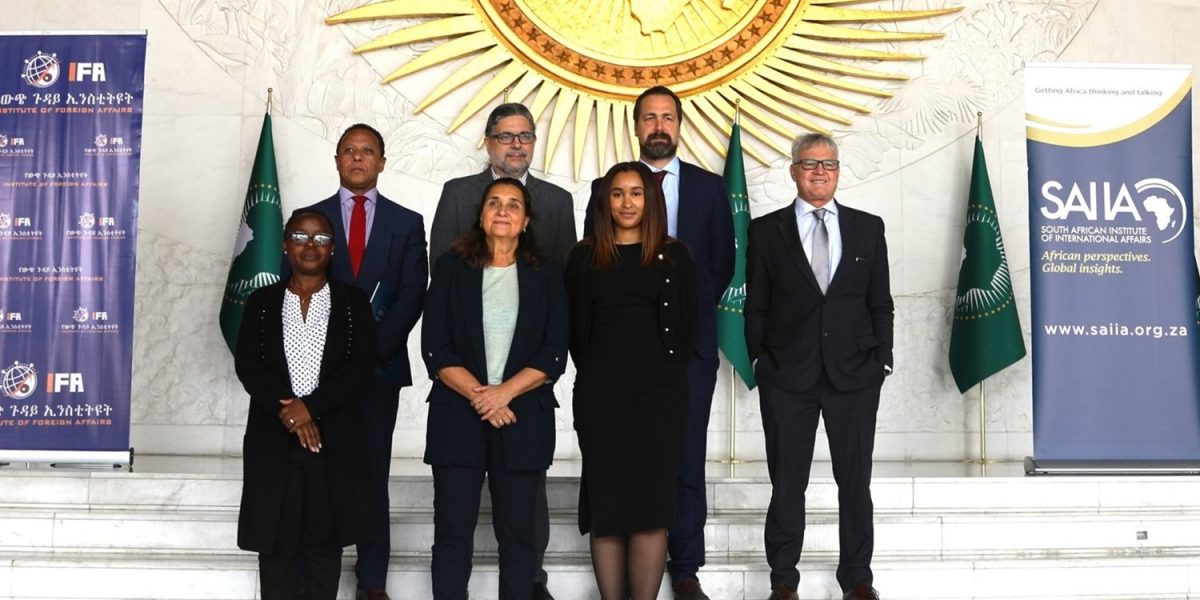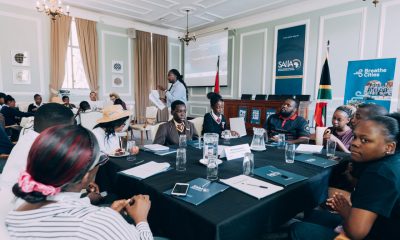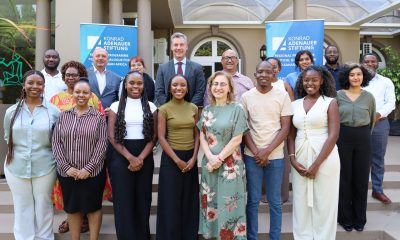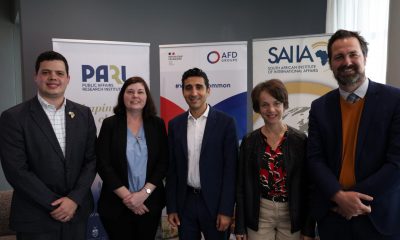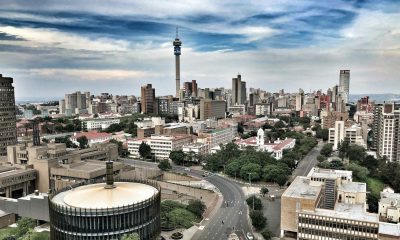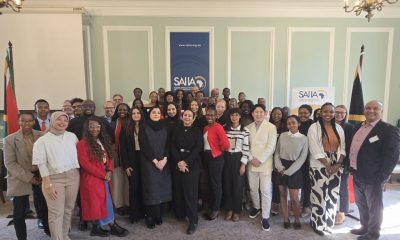SAIIA and the Institute of Foreign Affairs Ethiopia co-hosted a policy dialogue at the headquarters of the African Union in Addis Ababa on 10 September 2024. Brought together under the banner of ‘Africa and the BRICS agenda on Climate Change and the Just Transition’, researchers and the diplomatic community came together to share and discuss strategies for deepening the grouping’s engagement with the continent following its expansion to include two more African countries, Ethiopia and Egypt, at last year’s summit in Johannesburg.
Head of SAIIA’s Climate and Natural Resources Programme, Alex Benkenstein, joined the Institute’s Director, Dr Jafar Bedru Geletu, to open the policy dialogue and frame discussions. Dr Geletu highlighted the special opportunity that Ethiopia’s new BRICS membership creates for Africa’s voice on international issues.
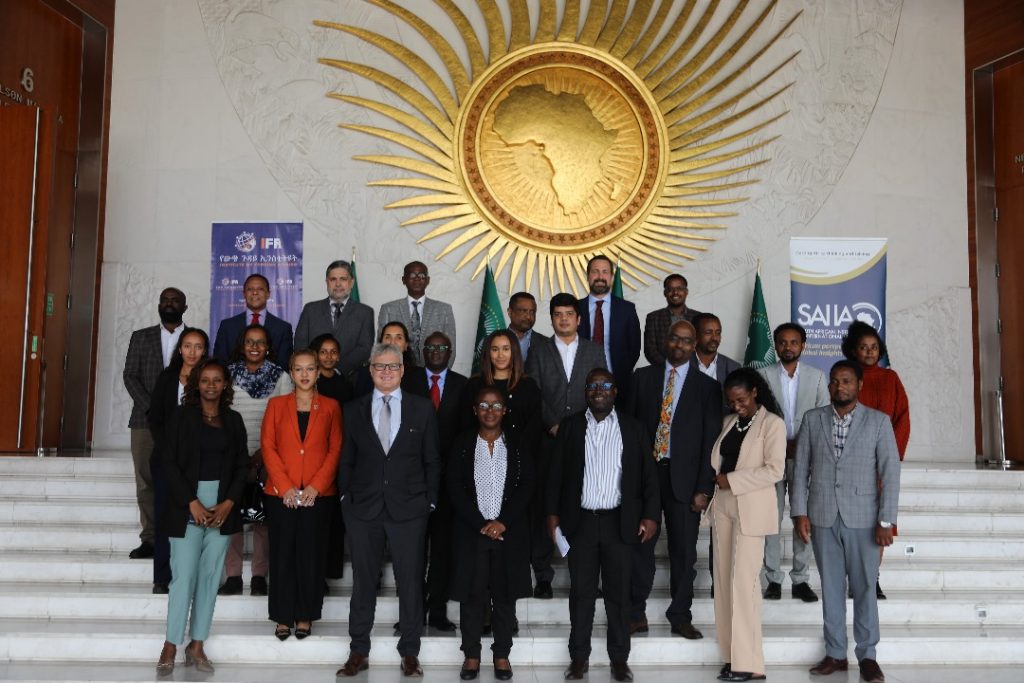
The event featured two in-depth presentations from researchers of the Ipea. Dr Marco Mendonca highlighted a ‘BRICS dependency’ regarding Brazil’s trade, showing that a third of Brazilian exports are to the BRICS market, a figure set to increase as new trading relationships are nurtured with the new members. Additionally, Dr Glauco Oliveira took participants through some of Brazil’s climate action plans, stressing that the new government under President Lula da Silva supports an ecological transition to lower greenhouse gas emissions. Dr Gashaw Ayferaw of the Institute of Foreign Affairs (IFA) presented key findings from research into Ethiopia’s climate action and energy transition, encapsulated in the country’s Green Growth Development Path. Ethiopia is particularly vulnerable to climate variations and has only exploited a fraction of its hydroelectric and wind power. Aiming to be a power exporter, Dr Ayferaw noted that geopolitics will play a key role in Ethiopia’s energy expansion but that forums such as the BRICS are important platforms for the country to engage on international climate and energy policy.
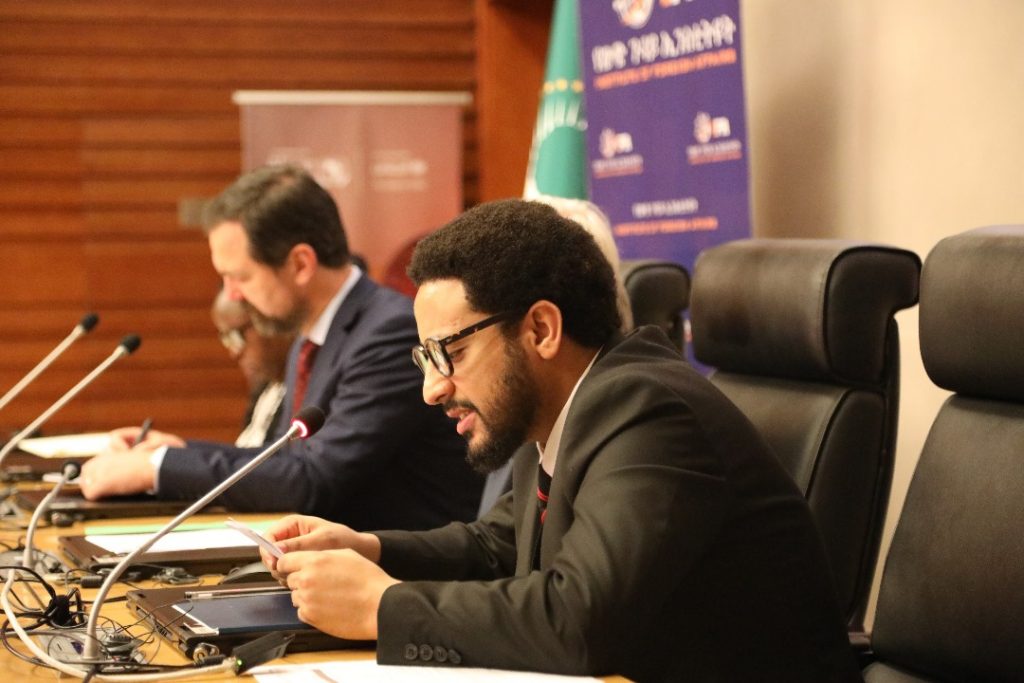
The Russian Ambassador to Ethiopia, H.E. Evgeny Terekhin, addressed participants with a detailed update on Russia’s chair of the BRICS this year and the main outcomes thus far on climate change in advance of the BRICS Summit in Kazan in October. The grouping recently adopted a framework on climate and sustainable development covering a broad spectrum of key climate areas, including finance, the just transition and the role of the business community in climate action. Part of this framework includes a memorandum of understanding towards establishing joint carbon market projects among the grouping and a strong recognition that unilateral green protectionist measures are set to negatively impact Global South economies.
The BRICS diplomatic community were also represented through Merhawit Hadish from the Ethiopian Ministry of Foreign Affairs, Leena Osman, who is a senior officer at the Embassy of the United Arab Emirates, Jackson Lima, who is the Deputy Head of Mission for the Embassy of Brazil and Dmitry Bortsov who is the First Secretary of the Embassy of Russia. Representatives of climate and foreign policy think tanks included the Ethiopian office of the World Resources Institute, the Southern African Resources Watch, Addis Ababa University and the Policy Studies Institute.
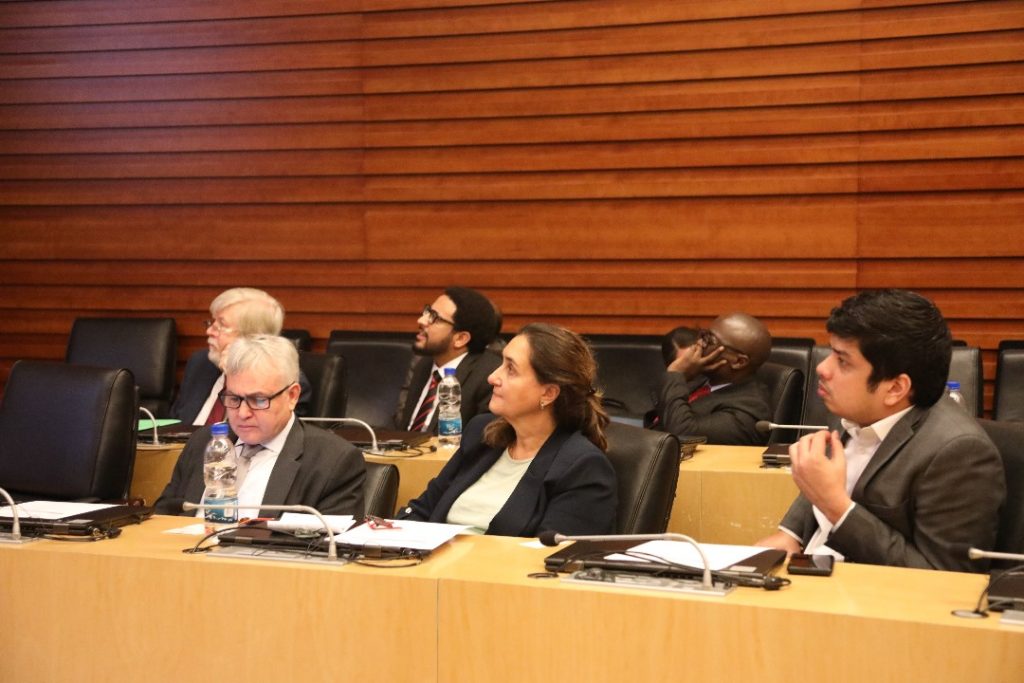
Dr Glauco Oliveira (Ipea), Dr Ana Arroio (Federal University of Rio de Janeiro) and Promit Mookherjee (Observer Research Foundation).
This policy dialogue is the last in a series of engagements supported by the South African BRICS Think Tank and the National Institute of Humanities and Social Sciences. These discussions will inform several research papers for this project, including a forthcoming book on BRICS, climate diplomacy and the energy transition.
More work by SAIIA on the BRICS, the G20, climate change and the Just Transition can be found below:

